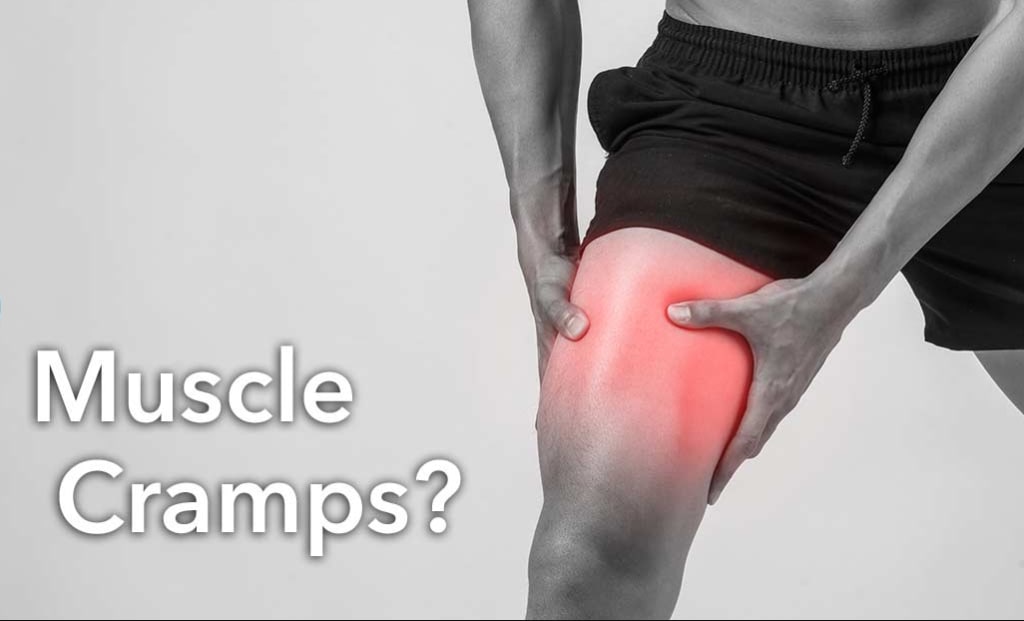What is it called when the body is stiff?
Why is my body so stiff and hard to move?

## What Is It Called When the Body Is Stiff?
We've all experienced it at some point: waking up in the morning feeling like your muscles have turned to stone or getting up after sitting for too long only to find your body uncooperative and rigid. This stiffness can range from mildly inconvenient to severely painful, affecting our daily activities and quality of life. But what exactly is this phenomenon called, and what causes it?
### Understanding Muscle Stiffness
When people talk about their body feeling stiff, they are often referring to **muscle stiffness**. This sensation is characterized by a tightness or rigidity in the muscles that can limit movement and cause discomfort. Muscle stiffness can occur in any part of the body and can be a symptom of various underlying conditions.
### Common Causes of Muscle Stiffness
1. **Delayed Onset Muscle Soreness (DOMS):**
After a particularly intense workout or physical activity, you might notice your muscles feeling sore and stiff the next day. This is known as DOMS, and it typically peaks around 24 to 72 hours post-exercise. It's a natural response to the tiny tears that occur in your muscle fibers during strenuous activity.
2. **Poor Posture and Sedentary Lifestyle:**
Sitting or standing in one position for too long can cause muscle stiffness. Poor posture, especially while working at a desk, can lead to tight muscles in the neck, shoulders, and back.
3. **Aging:**
As we age, our muscles and joints naturally lose flexibility, making stiffness more common. This is often due to a decrease in muscle mass and the degeneration of joint cartilage.
4. **Injury or Overuse:**
Muscles can become stiff after an injury or from overuse. This is a protective mechanism of the body, often signaling the need for rest and recovery.
5. **Medical Conditions:**
Certain conditions, like arthritis, fibromyalgia, and multiple sclerosis, can cause chronic muscle stiffness. In these cases, the stiffness is usually accompanied by other symptoms and requires medical management.
### When Stiffness Becomes a Concern
While occasional muscle stiffness is usually harmless and resolves on its own, persistent or severe stiffness can be a sign of a more serious problem. If stiffness is accompanied by other symptoms such as swelling, redness, or a fever, or if it significantly impacts your ability to perform daily activities, it’s important to consult a healthcare professional.
### Managing and Preventing Muscle Stiffness
1. **Stay Active:**
Regular physical activity helps keep your muscles flexible and reduces stiffness. Even simple activities like stretching, walking, or yoga can make a significant difference.
2. **Maintain Good Posture:**
Be mindful of your posture, especially if you spend a lot of time sitting. Ergonomic adjustments to your workspace can also help prevent stiffness.
3. **Warm Up and Cool Down:**
Before and after exercise, take time to properly warm up and cool down. This can help reduce the risk of stiffness and injury.
4. **Hydrate and Eat Well:**
Proper hydration and a balanced diet support muscle health and can help prevent stiffness. Dehydration and poor nutrition can exacerbate muscle tightness.
5. **Listen to Your Body:**
Pay attention to your body’s signals. If you're feeling stiff, it might be time to take a break, stretch, or modify your activities.
### Conclusion
Muscle stiffness is a common experience with many potential causes, from everyday activities to more serious health conditions. Understanding why your body feels stiff and taking steps to manage and prevent it can help you maintain your mobility and comfort. If you’re dealing with persistent stiffness, don’t hesitate to seek medical advice to ensure there’s not a more serious issue at play. Remember, staying active, maintaining good posture, and listening to your body are key to keeping stiffness at bay.
## Why Is My Body So Stiff and Hard to Move?
We've all had those days where our bodies feel more like a rusty old machine than a smoothly operating system. Moving around is difficult, and every step, stretch, or reach feels like a monumental task. If you find yourself asking, “Why is my body so stiff and hard to move?”, you’re not alone. This common issue can arise from various factors, each with its own set of potential solutions.
### Common Causes of Stiffness and Limited Mobility
1. **Inactivity and Sedentary Lifestyle:**
Spending too much time sitting or lying down can cause your muscles to weaken and become stiff. Your body thrives on movement, and prolonged periods of inactivity can lead to decreased flexibility and joint stiffness.
2. **Muscle Overuse and Fatigue:**
On the flip side, overworking your muscles without proper rest can result in stiffness. When muscles are strained, they may become tight and resistant to movement as they try to recover from overuse.
3. **Aging:**
As we age, our bodies naturally undergo changes that can affect our mobility. Muscle mass tends to decrease, and joints can become less flexible due to the wear and tear on cartilage and connective tissues.
4. **Dehydration:**
Muscles need adequate hydration to function properly. When you’re dehydrated, muscle tissues can become less pliable and more prone to stiffness.
5. **Poor Posture:**
Slouching or maintaining an awkward position for extended periods can strain your muscles and lead to stiffness, especially in your neck, shoulders, and back.
6. **Stress and Tension:**
Emotional stress can manifest physically. When you’re anxious or tense, your muscles may tighten, leading to a feeling of stiffness and restricted movement.
7. **Medical Conditions:**
Conditions such as arthritis, fibromyalgia, and autoimmune disorders can cause chronic stiffness and limited mobility. These conditions often require medical management and tailored treatment plans.
### Diagnosing the Root Cause
Identifying the underlying cause of your stiffness is crucial to finding the right solution. Here are some steps you can take to pinpoint what might be contributing to your discomfort:
- **Assess Your Daily Routine:**
Reflect on your daily activities. Are you sitting for long periods? Have you recently increased your physical activity? Do you drink enough water? Small lifestyle changes can have a big impact on how your body feels.
- **Consider Your Stress Levels:**
Evaluate your stress and anxiety levels. High stress can contribute to muscle tension and stiffness. Finding ways to manage stress through mindfulness, relaxation techniques, or therapy can be beneficial.
- **Review Your Medical History:**
Chronic stiffness could be a symptom of an underlying medical condition. Keep track of your symptoms and discuss them with a healthcare provider, especially if they are persistent or worsening.
### Managing and Reducing Stiffness
1. **Stay Active:**
Regular physical activity, such as walking, stretching, or yoga, can help keep your muscles and joints flexible. Aim to incorporate movement into your daily routine, even if it’s just a short walk or some gentle stretching.
2. **Practice Good Posture:**
Maintain proper posture whether sitting, standing, or lying down. Ergonomic adjustments to your workspace can also help prevent stiffness.
3. **Stay Hydrated:**
Drink plenty of water throughout the day. Proper hydration supports muscle function and flexibility.
4. **Warm Up and Cool Down:**
Before and after any physical activity, take time to warm up and cool down. This can help prevent muscle strain and stiffness.
5. **Manage Stress:**
Incorporate stress-reducing practices into your daily routine, such as deep breathing, meditation, or progressive muscle relaxation.
6. **Seek Medical Advice:**
If you suspect a medical condition is causing your stiffness, consult a healthcare professional for a thorough evaluation and personalized treatment plan.
### When to Seek Professional Help
While occasional stiffness is often nothing to worry about, persistent or severe stiffness that interferes with your daily life may require medical attention. Seek professional advice if you experience:
- **Chronic stiffness that doesn’t improve with self-care measures**
- **Severe pain accompanying stiffness**
- **Swelling or redness in stiff joints**
- **Fever or other systemic symptoms**Nano Ease CBD Oil Reviews
### Conclusion
Feeling stiff and hard to move can be frustrating and uncomfortable, but understanding the potential causes and taking proactive steps can help you regain your flexibility and ease of movement. Whether it’s through lifestyle adjustments, stress management, or seeking medical advice, there are many ways to address and alleviate body stiffness.
Stay active, stay hydrated, and listen to your body’s signals. Your path to greater mobility and comfort starts with understanding and responding to your body’s needs.
About the Creator
peter
Content about cars, motorbikes, technology, news
Enjoyed the story? Support the Creator.
Subscribe for free to receive all their stories in your feed. You could also pledge your support or give them a one-off tip, letting them know you appreciate their work.






Comments
There are no comments for this story
Be the first to respond and start the conversation.